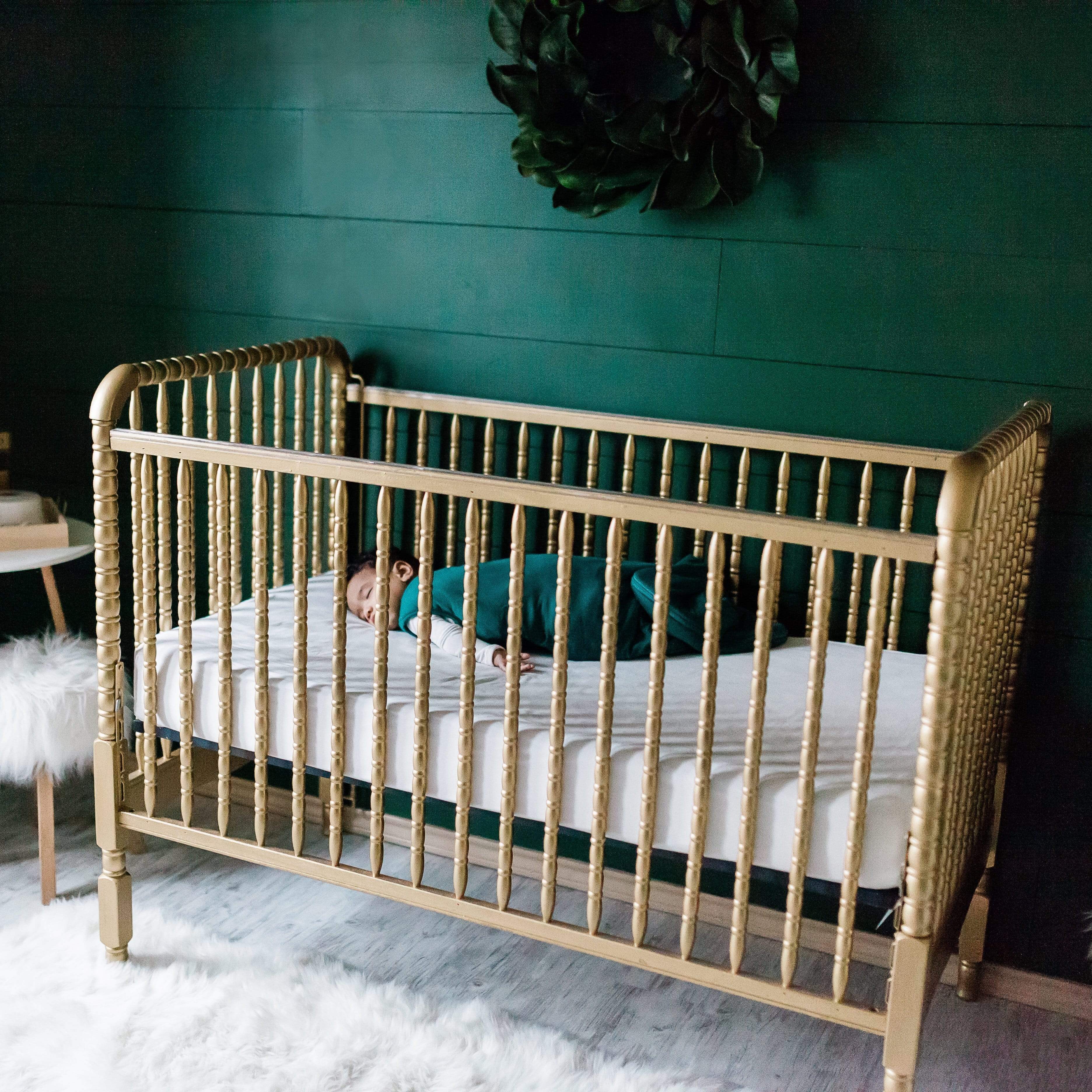No one likes doing household chores, but they're a necessary part of everyday life. Chores keep the household running and organized, as well as promote health and hygiene. A dirty home can contribute to allergies, stress, and a whole host of other problems. So, vacuuming, dusting, and washing dishes are all on the checklist of things that need to get done---even if you hate doing it. And, although you can hardly expect your toddler to take on the task of washing and folding the laundry, it's never too early to make your little ones active participants of the house by taking on their own chores.
Chores teach children teamwork, time management, work ethic, and the delay of gratification, which pays off in schoolwork later down the road. Research shows that the best predictor of success in terms of completing school, holding a job and having healthy relationships was whether people did chores when they were children---even as young as three and four years old!
Since it is our greatest desire as parents to raise kind, prepared, and successful kiddos, one of the easiest ways to do so is to give them chores. Chores require children to look out for the best interest of the family and not just themselves. Their jobs contribute to the entire household, and when they feel their contribution is helpful, they feel needed. Feeling needed leads to caring for others, practicing empathy and taking initiative, which are all important skills of becoming a good human.
Here’s a list of age-appropriate chores you can try today. The list spans toddlerhood to adulthood, and it's customizable. Pick and choose tasks that your child already does and a few to challenge her! Did you know children as young as four and five are developmentally ready to sort or fold laundry, even start a dishwasher? If they can operate video games or wireless devices, you’d be surprised at what else they can do.
Ages 2-3
Toddlers already love helping Mommy and Daddy around the house, so these one and two-step tasks are perfect for their small hands and short attention span. Your little one is also very visual at this age, so it helps to see you do the job too. Choose only a few chores for them to do every day.
- Put toys and books away in tubs and baskets or on shelves
- Wipe the table
- Dust baseboards (you can put socks on their hands!)
- Put dirty clothes in the hamper
- Dress themselves with clothing that’s not too complicated
- Put their clothes away in drawers.
- Throw away garbage and recycling in the proper bin
- Put dirty dishes in the sink or dishwasher
- Put clean dishes away where they can reach
- Sort the silverware
- Grab their own dish and utensil for mealtime
- Fold washcloths, pillowcases, and dish rags
- Feed the dog or cat

Ages 4-5
Preschoolers thrive on rewards and love to count. Create a chore chart to visually show them what needs to be done and let them cross it off the list once it's completed. Try counting along with these chores like, “You are holding two plates” when helping with dishes, or “Can you put three cars in the basket?” when helping tidy up.
- Sort dirty laundry by colors (lights, darks, whites)
- Fold shirts and pants
- Match socks
- Put clean laundry away
- Dry dishes
- Sweep with a kid-sized broom
- Clear their place at the table
- Wipe up spills and accidents
- Wipe bathroom sink
- Make bed
- Straighten their room
- Brush dogs
- Empty the trash
- Water plants
- Prepare their own snacks
Ages 6-8
As children learn cause and effect and embrace more independence, they also learn about consequences. If a child chooses not to put their dirty clothes in the hamper, then they won’t get washed. But when they do their chores, they get positive results. The pattern of cause and effect teaches children to be proactive.
- Set and clear the table for the whole family
- Put away groceries
- Peel and chop vegetables under supervision
- Make school lunch
- Take care of pets
- Sweep
- Unload the dishwasher
- Take out the trash
- Do their own laundry
- Wipe mirrors
- Refill empty toilet paper
- Vacuum

Ages 9-12
Your child will start developing their opinions about the way things should be done. Give them this autonomy! By owning a task and taking full responsibility for it, they takes pride in their efforts. They may also have a preference for which chores they do. Agree on the chores and encourage them to be consistent with it.
- Load the dishwasher
- Wash dishes
- Mop
- Make school lunch
- Prep meals as a sous chef
- Write a grocery list
- Clean toilets
- Clean room
- Weed the garden
- Rake leaves
- Bring in the mail
- Operate the washer and dryer
- Wash the car
Ages 13-18
Before you know it, your baby is going to be out of the house. Now is the time to hold your child accountable for their duties and introduce more jobs that teach life skills, such as meal prepping. Manage them but try not to micromanage. They will learn best from their mistakes.
- Do the family's laundry
- Iron
- Wash windows
- Clean out the fridge
- Plan and prepare more complicated meals
- Replace light bulbs
- Replace vacuum cleaner bags or clean out the canister
- Clean bathroom
- Babysit
- Grocery shopping
- Take pets to the vet
- Mow the lawn
- Chop kindling and firewood
- Clear gutters
It’s guaranteed that your little one will not do their chores perfectly. If you were hoping to see an immaculate kitchen counter, then you will probably be disappointed. Teach your children your standard of clean, then let them have at it. With continued practice, they will get better, quicker, and more efficient.
You might be tempted to “fix” what they’ve done when they’re not looking. Don’t do this. Children will notice and it could hurt their feelings. Or worse, they’ll lose motivation to do their best since they know you'll redo it anyway.
Chores benefit children in so many ways. Daily chores require children to be consistent and attentive to the needs of their family and home. Consequently, they learn to be reliable, proactive, independent and empathetic. Set your self-starters up for success by choosing a few chores from the lists above. They don’t need to do everything on the list to become successful people, just a few here and there that match their capabilities and developmental level and others that challenge their gross motor skills and problem-solving.
Happy Parenting!













